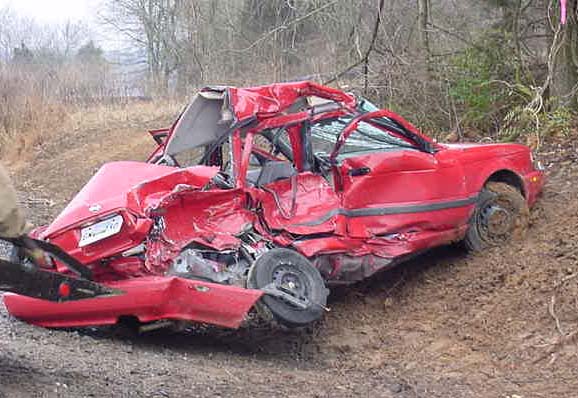
A couple of months ago I wrote about the Coptic Orthodox Church’s view on alcohol consumption . In summary, this policy is that while alcohol is not considered ‘evil’ in itself, it carries many risks, and as a community, we are better off not having any alcohol consumption at all, rather than accepting casual drinking with all its inherent risks.
I have since learned that the post apparently stirred up some controversy on an Orthodox Christian discussion board. Not many of the other Orthodox Churches share the Coptic policy on alcohol, it seems. So it was most interesting to find a piece on the Anglican Church’s official website which, while not going all the way and advocating total abstinence, does nonetheless come close. Graham Stanton, the author, bases his argument on the statistical facts that illustrate the damage that alcohol infllicts on a society that tolerates, or even, encourages it:
“As Christians our concern is for the three million Australians engaging in risky levels of alcohol consumption, for the 70,000 victims of alcohol related assault, the 20,000 children who will be victims of alcohol related child-abuse and the 450,000 children who live in households where they are at risk of exposure to binge drinking by at least one adult. As church communities we are also concerned for the way Christian youth and young adults are imbibing this culture to their physical and spiritual harm.”
All Australians know the prominent role alcohol plays in Australian culture. Drinking is seen to be a sign of manhood (or toughness in females, the Australian female being renowned for her ability to ‘match it’ with the best of the blokes); a social loosener for otherwise shy Aussie blokes; and a community activity that brings people together. This warm and fuzzy image of alcohol consumption takes something of a battering when one considers the indigenous communities that have been all but destroyed by rampant alcoholism that is endemic among Aboriginal communities where unemployment is high and free time is excessive. Domestic violence, sexual abuse, abuse of children and a multitude of diseases are just some of the terrible results of this uncontrolled use of alcohol, and show us just how much evil alcohol can produce in certain situations.
It may be argued that in other societies, the role of alcohol is quite different. For example, some European societies have quite different drinking patterns, opting for measured doses of fine wine with meals rather than the wholesale consumption of beer that so characterises the Australian experience. I wonder if they have the same troubles we see in Australia? My suspicion is that alcoholism is still as much a problem in these societies. Alcoholism is not a peronality defect, but a coping response to excessive stresses in life. I doubt that European societies are any less stressful than Australian. society. And you can get quite as drunk on a fine mature red as you can on a slab of tinnies. If anyone is aware of some decent research on the subject of alcohol-related risks in European societies, please share it.
Alcohol is not a harmless drink. According to one study, “Alcohol is causally related to more than 60 different medical conditions. Overall, 4% of the global burden of disease is attributable to alcohol, which accounts for about as much death and disability globally as tobacco and hypertension”. Even the most optimistic of approaches admits that the risks associated with a culture that accepts social drinking can at best, only be ameliorated through good public policy measures such as heavy excise taxes, strict limitations on when and where alcohol may be served, random breath testing of drivers and so on. The Church’s view is that we can do even better than amelioration – we can eradicate all the risks completely! The price for this massive improvement in health outcomes is simply this: don’t drink at all.
I need to clarify that this policy says nothing about the law. No one is advocating another Prohibition, which by all accounts, was an abject failure. Rather, we are talking about the voluntary decision of individuals, families, communities and societies to abstain from drinking alcohol, to remove it, in fact, from their homes, their celebrations, their culture and traditions. Communities who do this win for themselves a far better health outcome overall. Nevermind the studies showing a little alcohol is good for the heart etc. That’s all very well, and for the 90% of drinkers who never become addicted, its a useful effect for their own personal health. But it doesn’t stop them from being run over by a drunken driver. When you look at the effect of alcohol on the overall health of a community, when you factor in the drink drivers and the wife beaters and the shrivelled livers, I don’t think anyone could rationally argue that alcohol is good for our health.
What would you be willing to do in order to save a life? A few hundred lives? A little self control and sacrifice in return for saving lives and preventing disease. Seems like a pretty good bargain to me…
You can read the whole Graham Stanton article here.